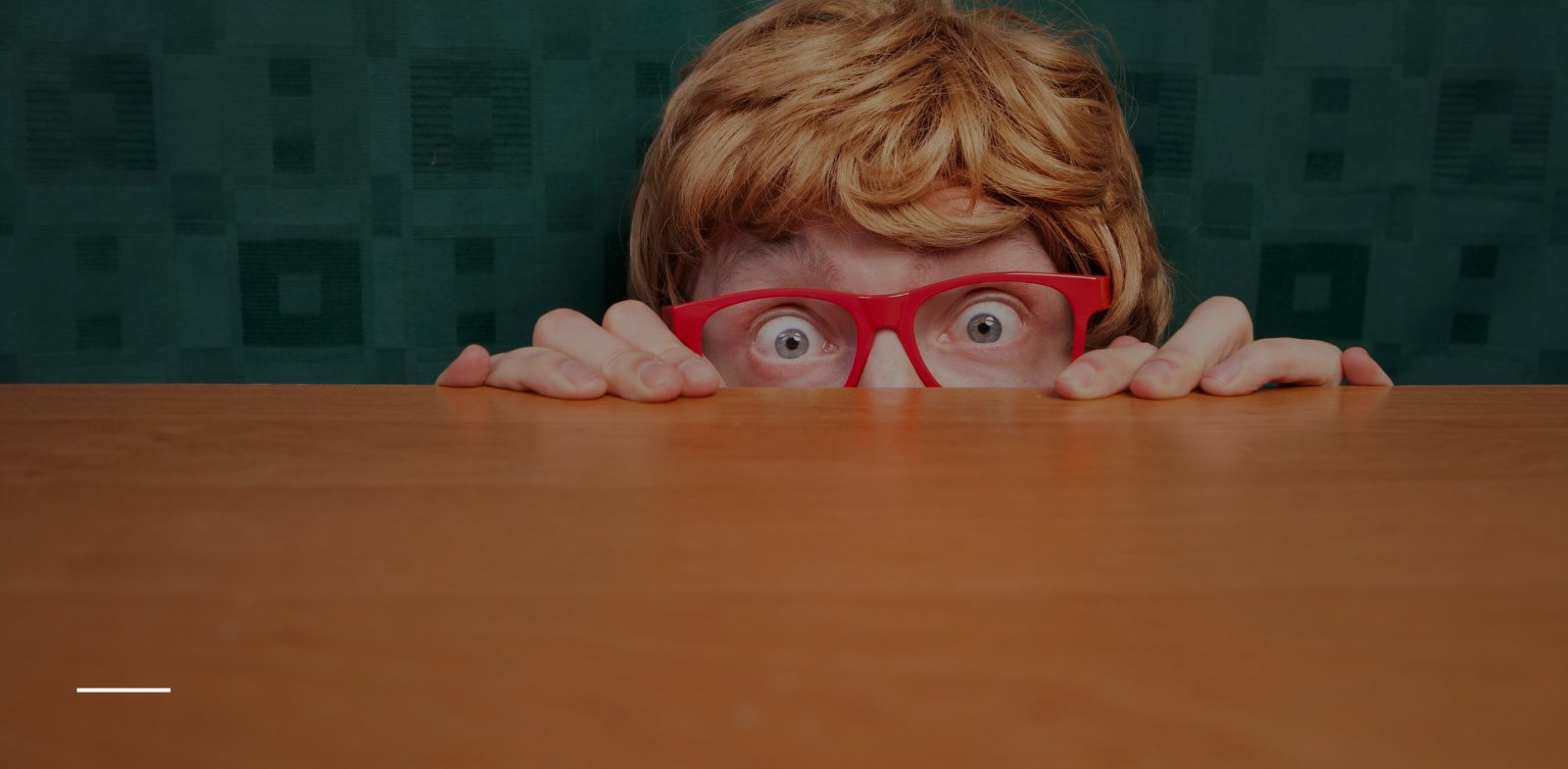
First Published: 09 July, 2024
"By day the Cannes Lions are a sea of lanyards migrating along the Croisette and through the Palais des Festivals.
Then the sun goes down, and that sea turns into a river of rosé.
If you’re hoping to hear about the after dark part, I have some bad news, because this year I went to a grand total of one party, for a grand total of 90 minutes.
In the past I’ve tried to dabble in both sides of Cannes, but this year - after I’d wrapped up judging - I decided to just be a nerd and dedicate myself to the presentations. Yes, that makes it easier to justify my expenses, but more importantly, there are just so many interesting things to see and hear.
Adam Morgan and Jon Evans spoke about the price brands pay for being dull. It was hosted in one of the smaller theatres, but I feel it should have been on the big stage.
Based on a huge pile of data from the likes of IPA Effectiveness and System 1, they’ve got strong evidence that being boring means requires spending 7 times more to get noticed. In the UK, they explained, that’s costing companies an average of 10 million pounds per year.
I’ve heard somewhat similar stats in the past, but it felt like these guys had made the conversation simpler and more relevant. In previous discussions, the theory always seemed to be that creatively awarded work is more effective, but what I liked about this study is that it put awards to the side. It simply talks about the importance of being interesting.
I also loved that there were no requests to “be brave” or any of the stuff that would irk me if I were a client. They were simply explaining that being dull is the most expensive thing that you can do.
At the last minute I popped into a presentation from Contagious. Among many great kernels, something that jumped out to me was a philosophy that Kraft Heinz have been embracing, which they’ve dubbed “go and then grow”.
A big winner of the week was a campaign called ‘Ketchup and Seemingly Ranch’. It won gold in Direct (the category I was judging) so I’d seen the case study many times. And every time I did I was wondering how they pulled it off.
When you watch the case study, it seems like they just went all in immediately. But I was fascinated to hear how it actually evolved in much smaller stages.
Legend has it the Heinz team initially saw a social post about Taylor Swift at the Super Bowl getting some traction, so they just mocked up a funny idea for a product in response. Nothing more than a single post. But then the mock-up started getting traction, so they did a small run of the actual product. Then that gained momentum and suddenly Walmart were asking for it at scale. Cut to a few months later and they’d had an eye-bleeding 50,000% return on their investment.
I was actually chatting about it to a marketing friend over the weekend. She’d mentioned how hard it is to take big swings with interesting ideas, which is where this philosophy becomes so interesting.
We often complain about how fast things move these days, crunched timelines, and so on. But one upside is that you can embrace this “go and then grow” approach, because you can nimbly build things, quickly get them into the world, and quickly expand and evolve in real time.
I’m not sure what your LinkedIn feed looks like, but I can barely go a day without seeing something from the agency Gut.
These guys gave a talk that made me think I’d stumbled into some kind of cult. In a packed theatre, (I’m talking people sitting in the aisles) every word that passed seemed to whip their fans into more of a frenzy.
The premise of their talk was to “start a brand, not an agency”. In the wrong hands I can imagine that being incredibly corny, but they made it effortlessly cool.
They boiled it down to finding one word that represents what you want to stand for. In their case Gut stands for, fairly obviously, having guts.
Then they went a layer deeper and proposed doing the same exercise and building a “one word brand” for yourself. Anselmo Ramos, said his is “dreamer” while co-founder, Gastion Bigio’s word is “intensity”. Combined, those two words balance each other and are the original spark of Gut’s success.
I thought this was a really interesting exercise. They weren’t proposing that you make a word up, they were suggesting you find a something that truly represents you (not who you want to be, but who you actually are) and then tripling down on it.
If you’re a calm person, go all in on that. If you’re loud, don’t’ try to tone it down, use it even more. You’ll piss some people off, but others will love it.
I know this could also sound woo-woo, and maybe I’d had too much of Gut’s Kool-Aid, but the theory sounded like a great premise. And given it’s something every person at Gut has been asked to do, there’s obviously something in it, as they took home an impressive 21 Lions this year.
I could go on for ages about all the fascinating learnings at Cannes in 2024. But it’s the weekend so I’m going to finally go and have that rosé. Wait, I’m back in New Zealand. Guess I’d better make it a pinot."
Category

Contact us if you have any suggestions on resources you would like to see more of, or if you have something you think would benefit our members.
Get in TouchSign up to receive updates on events, training and more from the MA.
